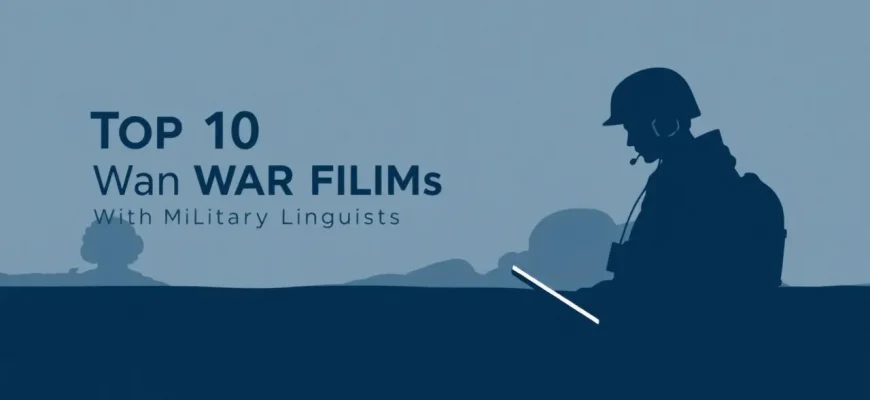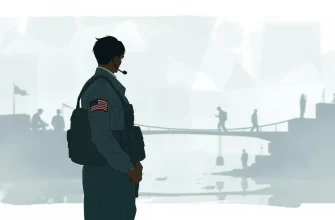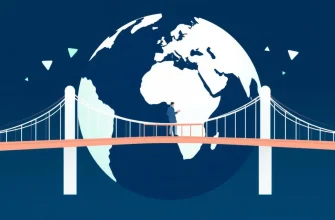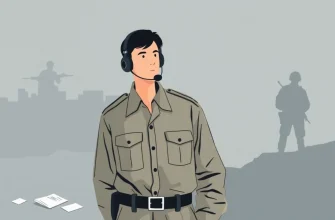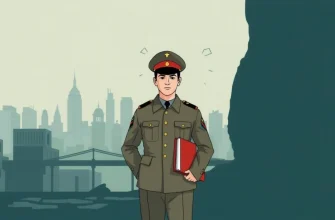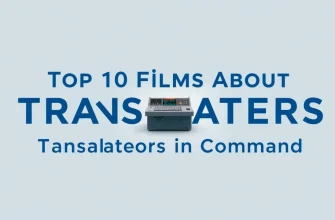War films have long captured the imagination of audiences with their intense narratives and dramatic portrayals of conflict. However, there's a unique subset of these films that delve into the lives of military linguists, whose roles are often overlooked but are pivotal in wartime strategy. This curated list brings to light ten films where language skills become weapons, showcasing the bravery, intelligence, and sometimes the personal sacrifices of these unsung heroes. From decoding enemy communications to facilitating peace talks, these films offer a fascinating look at the intersection of language and warfare.

The Battle of Algiers (1966)
Description: This film, while focusing on the Algerian War, includes scenes where French forces use Arabic-speaking soldiers to infiltrate and gather intelligence, highlighting the strategic use of language in urban warfare.
Fact: The film was banned in France for five years due to its controversial portrayal of the conflict.
 Watch Now
Watch Now 
The Human Factor (1979)
Description: This espionage thriller involves a British intelligence officer who uses his linguistic skills to navigate the complexities of the Cold War, emphasizing the importance of language in intelligence gathering.
Fact: The film was based on a novel by Graham Greene, who himself worked in intelligence during WWII.
 Watch Now
Watch Now 
The English Patient (1996)
Description: While primarily a love story, the film includes a subplot where a British spy uses his linguistic skills to navigate the desert war, showing how language can be a tool for survival and espionage.
Fact: The film won nine Academy Awards, including Best Picture.
 Watch Now
Watch Now 
The Good Shepherd (2006)
Description: While primarily about the CIA, the film includes scenes where linguistic skills are crucial for intelligence operations, particularly in the recruitment and handling of foreign agents.
Fact: The film was inspired by the life of James Jesus Angleton, a legendary CIA counterintelligence chief.
 Watch Now
Watch Now 
The Interpreter (2005)
Description: A thriller where a UN interpreter overhears a plot to assassinate an African head of state, showcasing the critical role of interpreters in international diplomacy and conflict resolution.
Fact: This was the first film ever to be shot inside the United Nations headquarters.
 Watch Now
Watch Now 
The Debt (2010)
Description: This film involves Mossad agents, one of whom uses her linguistic abilities to track down a Nazi war criminal, illustrating the use of language in covert operations.
Fact: The film is a remake of the 2007 Israeli film "Ha-Hov."
 Watch Now
Watch Now 
A Most Wanted Man (2014)
Description: Philip Seymour Hoffman plays a German intelligence officer who uses his understanding of languages to track down a suspected terrorist, showing the intricate work of linguistic profiling in counter-terrorism.
Fact: This was one of Hoffman's last roles before his untimely death.
 Watch Now
Watch Now 
The Imitation Game (2014)
Description: While not exclusively about military linguists, this film focuses on Alan Turing, whose work in codebreaking during WWII involved understanding the nuances of language to decipher the Enigma machine's messages.
Fact: Benedict Cumberbatch's portrayal of Turing earned him an Academy Award nomination for Best Actor.
 Watch Now
Watch Now 
The Wind That Shakes the Barley (2006)
Description: Set during the Irish War of Independence, this film features a medical student turned IRA member who uses his linguistic skills to communicate with British forces, highlighting the importance of language in guerrilla warfare.
Fact: The film won the Palme d'Or at the Cannes Film Festival in 2006, and its title is taken from a famous Irish rebel song.
 30 Days Free
30 Days Free 
The Linguists (2008)
Description: Although not a war film, this documentary follows two linguists documenting endangered languages, providing insight into the importance of language preservation, which can be critical in military contexts.
Fact: The film was nominated for an Emmy Award for Outstanding Informational Programming.
 30 Days Free
30 Days Free 
